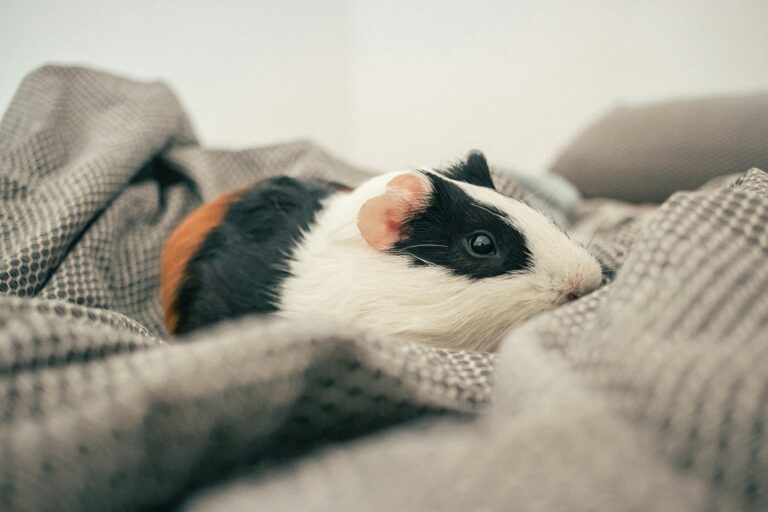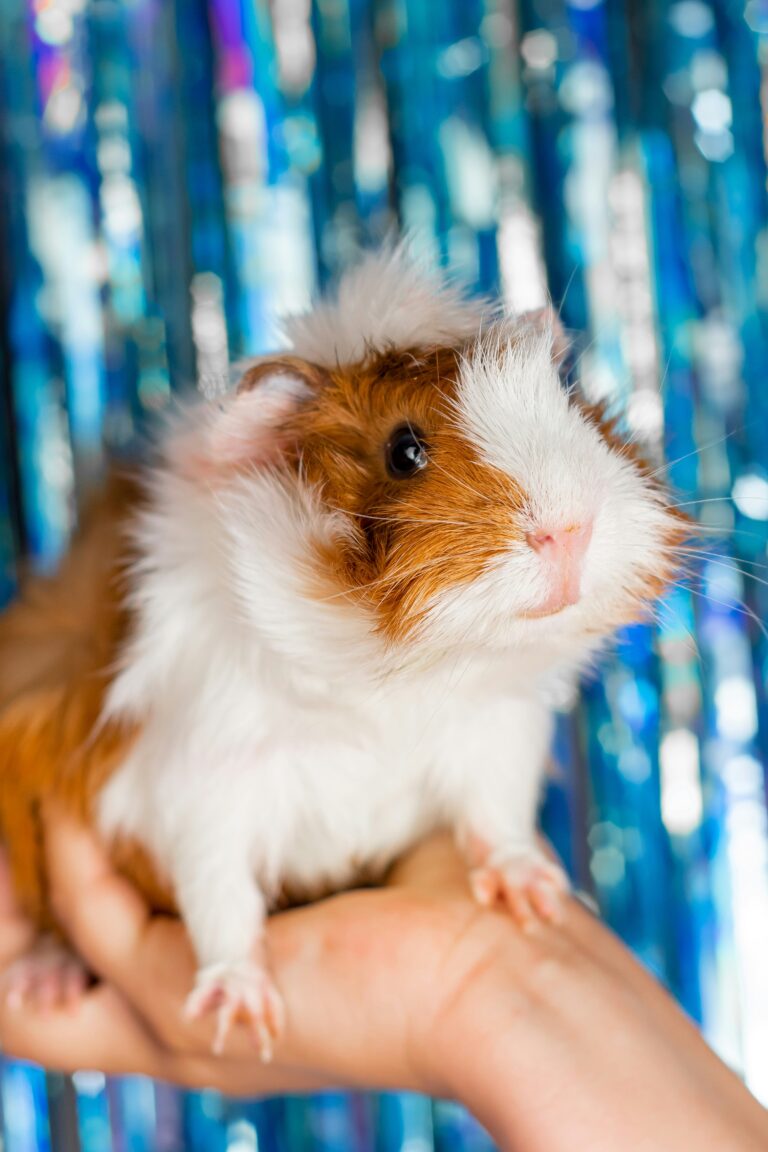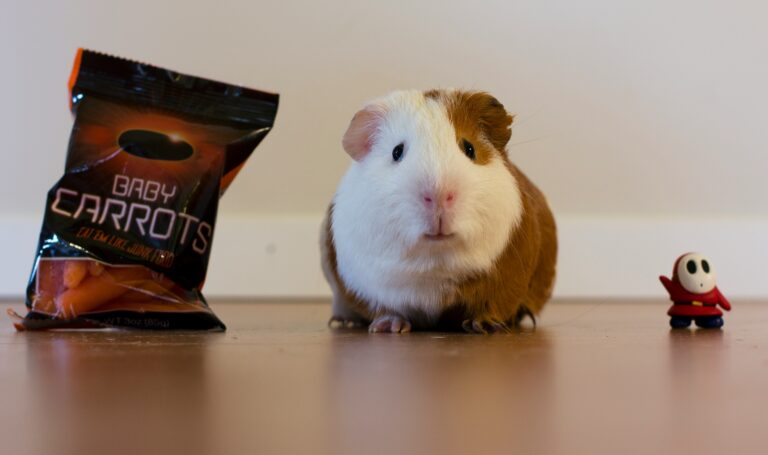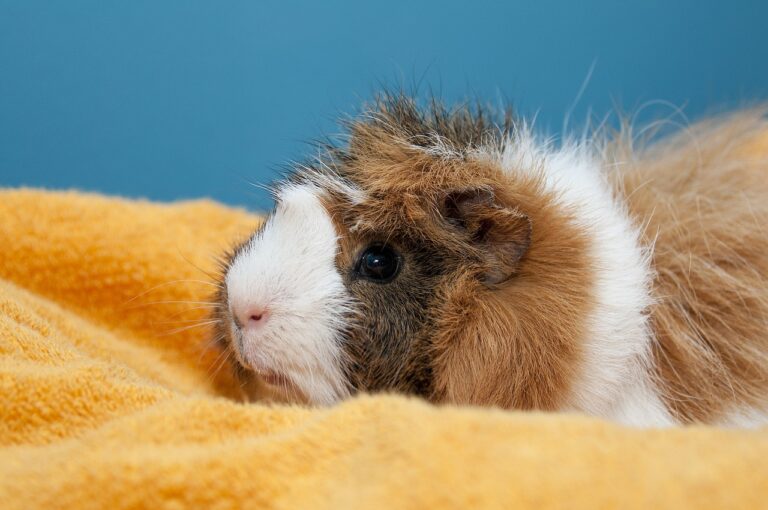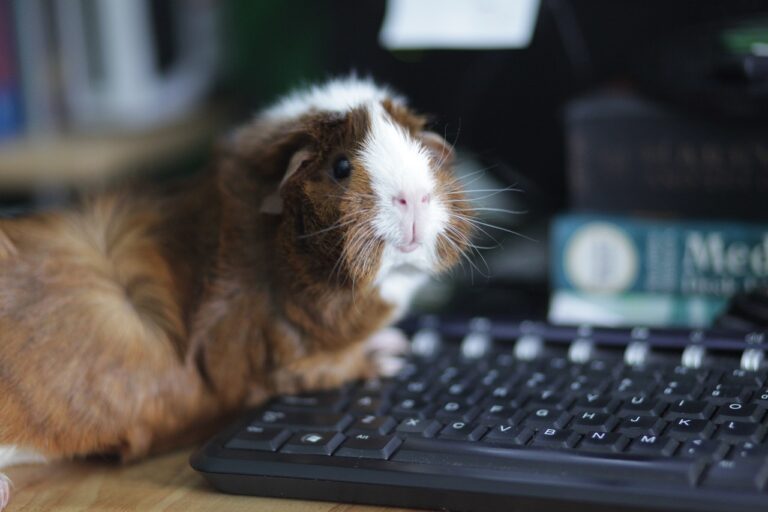Can Guinea Pigs Eat Apples?
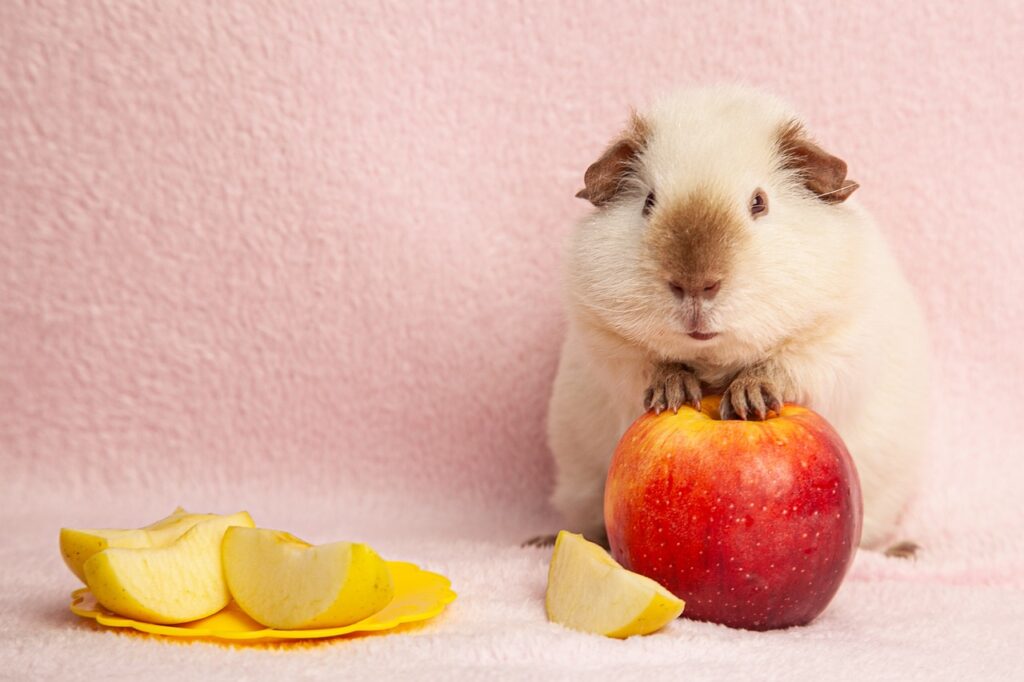
Yes, guinea pigs can eat apples! However, there are important considerations to keep in mind to ensure they benefit from this treat without any adverse effects. While apples can be a tasty and nutritious snack for guinea pigs, they should be fed in moderation and prepared properly.
Nutritional Benefits of Apples for Guinea Pigs
Apples offer several nutritional benefits for guinea pigs:
Vitamin C: Apples contain a moderate amount of Vitamin C, which is crucial for guinea pigs as they cannot synthesize this vitamin on their own. A deficiency in Vitamin C can lead to scurvy, a common health issue in guinea pigs that can cause joint pain, lethargy, and loss of appetite.
Fiber: The fiber content in apples aids in digestion and helps prevent constipation. Fiber is essential for maintaining a healthy digestive system and ensuring that guinea pigs do not develop gastrointestinal issues.
Antioxidants: Apples are rich in antioxidants, such as flavonoids and polyphenols, that support overall health and well-being. These antioxidants help combat free radicals in the body, potentially reducing the risk of chronic diseases.
Risks of Feeding Apples to Guinea Pigs
While apples can be beneficial, there are risks involved:
Sugar Content: Apples have a high sugar content which can lead to obesity and dental problems if consumed in large quantities. Excessive sugar intake can also cause digestive issues and disrupt the balance of gut bacteria.
Cyanogenic Glycosides: Apple seeds contain cyanogenic glycosides, which can release cyanide, a toxic substance. Even small amounts can be harmful, so it’s crucial always to remove the seeds before feeding apples to your guinea pig.
Acidity: The natural acids in apples can cause stomach upset if fed too frequently. This can lead to diarrhea or other gastrointestinal discomfort.
How to Safely Feed Apples to Guinea Pigs
To safely incorporate apples into your guinea pig’s diet, follow these steps:
Wash Thoroughly: Clean the apple thoroughly to remove pesticides and dirt. Organic apples are preferable to minimize exposure to harmful chemicals.
Remove Seeds and Core: Apple seeds are toxic, so ensure they are completely removed. The core can be tough and difficult for guinea pigs to chew and digest.
Cut into Small Pieces: Cut the apple into small, manageable pieces to prevent choking and overeating. This also helps control portion sizes and allows for easier handling by your guinea pig.
Moderation is Key: Feed apples as an occasional treat, not as a staple of their diet. A small slice once or twice a week is sufficient. Overfeeding can lead to health issues related to excessive sugar and acid intake.
Alternatives to Apples
While apples can be a delicious treat, there are other fruits and vegetables that can be included in your guinea pig’s diet:
Bell Peppers: Rich in Vitamin C and low in sugar, bell peppers are a fantastic alternative. They come in various colors, each providing unique antioxidants and nutrients.
Carrots: A good source of beta-carotene but should also be fed in moderation due to their sugar content. Carrots are crunchy and can help wear down guinea pig’s teeth.
Leafy Greens: Spinach, kale, and romaine lettuce provide essential nutrients without high sugar levels. These greens should be a staple in your guinea pig’s diet, providing fiber and vitamins necessary for their health.
Cucumbers: Hydrating and low in calories, cucumbers are a refreshing treat, especially in hot weather. They are easy to digest and can be fed regularly.

Frequently Asked Questions
Conclusion
Apples can be a nutritious and enjoyable treat for your guinea pig when fed correctly. Remember to remove the seeds, offer in small quantities, and maintain a balanced diet with a variety of fruits and vegetables. Always monitor your guinea pig’s health and consult with a veterinarian if you have any concerns about their diet.
By following these guidelines, you can ensure that your guinea pig enjoys the benefits of apples without any adverse effects!

